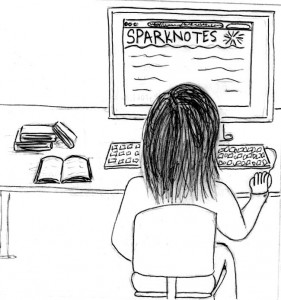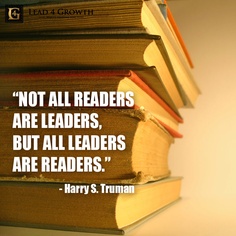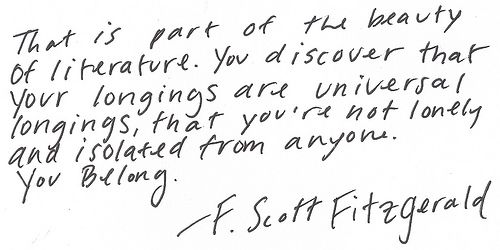 SparkNotes was a major focus in Butler’s student newspaper recently, with articles by Jill McCarter and Rhyan Henson on the subject. The articles asked whether use of SparkNotes summaries is “cheating” according to the university policy on academic dishonesty, or in the rules set by individual professors. My colleague Brent Hege put the matter thus: “It is cheating yourself out of the opportunity to engage in something important and meaningful.”
SparkNotes was a major focus in Butler’s student newspaper recently, with articles by Jill McCarter and Rhyan Henson on the subject. The articles asked whether use of SparkNotes summaries is “cheating” according to the university policy on academic dishonesty, or in the rules set by individual professors. My colleague Brent Hege put the matter thus: “It is cheating yourself out of the opportunity to engage in something important and meaningful.”
Here’s my own viewpoint: If you think that reading the SparkNotes is an adequate substitute for actual reading of literature, then you have completely misunderstood why you are at university. You (or your parents) are spending an enormous sum of money that is essentially being thrown away, since you don’t understand what it is paying for.
It is the very experience of reading great literature that is the point of university courses which assign such texts for your to read. Tests that ask about details in readings are means to ensure reading is done and to evaluate comprehension. But the details asked about on the test are not the point. The reading itself is the point.
 I suspect that students know this on some level. They actually watch movies – they don’t just read summaries of them on the internet. And they would readily tell you that a summary on Wikipedia of the movie’s plot is no substitute for the experience of watching a good movie.
I suspect that students know this on some level. They actually watch movies – they don’t just read summaries of them on the internet. And they would readily tell you that a summary on Wikipedia of the movie’s plot is no substitute for the experience of watching a good movie.
Would you forego a study abroad experience, because you can read someone else’s description of the country and the culture, and even their experience of visiting it? I sincerely hope not. Because, however useful it is to gain factual knowledge about a country, the experience of visiting another culture is something different. And no book about another culture can provide that. And no booklet about a book can provide the transformative experience that reading a powerful novel can. If you don’t know that, then you’ve probably been avoiding reading great literature for a long time.
So if you don’t see the value in paying to have several years of time to immerse yourself in great literature, music, art, culture, language, philosophy, and so on, then you are wasting your money (or more likely your parents’ money, since we rarely treat our own funds so frivolously). You might as well save yourself some money and simply forge a university diploma, rather than forging it in the more expensive manner of going to classes and yet not doing the reading, trying to game the system to see if you can get a passing grade.
If you think that it would be dishonest to actually forge a diploma, then how exactly is it less dishonest to pretend to have read literature, and to have become broadly educated, when you’re avoiding doing so?
 SparkNotes summaries and things like them can be useful, if you actually do the reading yourself first, as a way of getting another person’s perspective, and a refresher summary to ensure that you remember and think about key points. And occasionally you may find that you have managed your time poorly and turn to SparkNotes as a last resort substitute for doing the actual reading. That may indeed be better than nothing, but if you don’t feel badly about doing so, then once again I suggest that you have missed the point of not just your university experience, but of the very act of reading itself.
SparkNotes summaries and things like them can be useful, if you actually do the reading yourself first, as a way of getting another person’s perspective, and a refresher summary to ensure that you remember and think about key points. And occasionally you may find that you have managed your time poorly and turn to SparkNotes as a last resort substitute for doing the actual reading. That may indeed be better than nothing, but if you don’t feel badly about doing so, then once again I suggest that you have missed the point of not just your university experience, but of the very act of reading itself.
Approaching reading as something to be avoided is cheapening your life. And the ultimate result is liable to be that your own life becomes something easy to summarize in a SparkNotes fashion. Key points, key events, superficial summary of plot points, but without the richness of taking the time to really experience life, and immerse yourself fully in all its depth and complexity.
It is my hope for the students in my classes that they will grasp the opportunity to live lives that are enriched by all the beauty, the insight, and the transformative power that literature offers. In your academic studies, it is the reading, and not the grades, that are what prepares you for what your future may hold.













